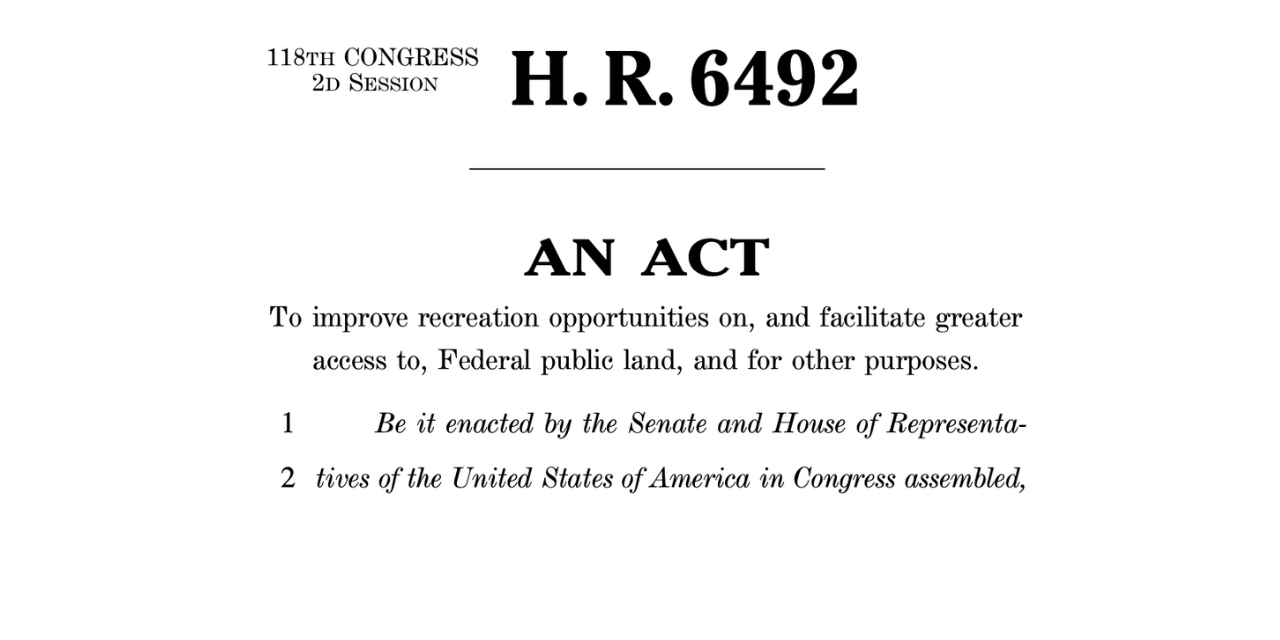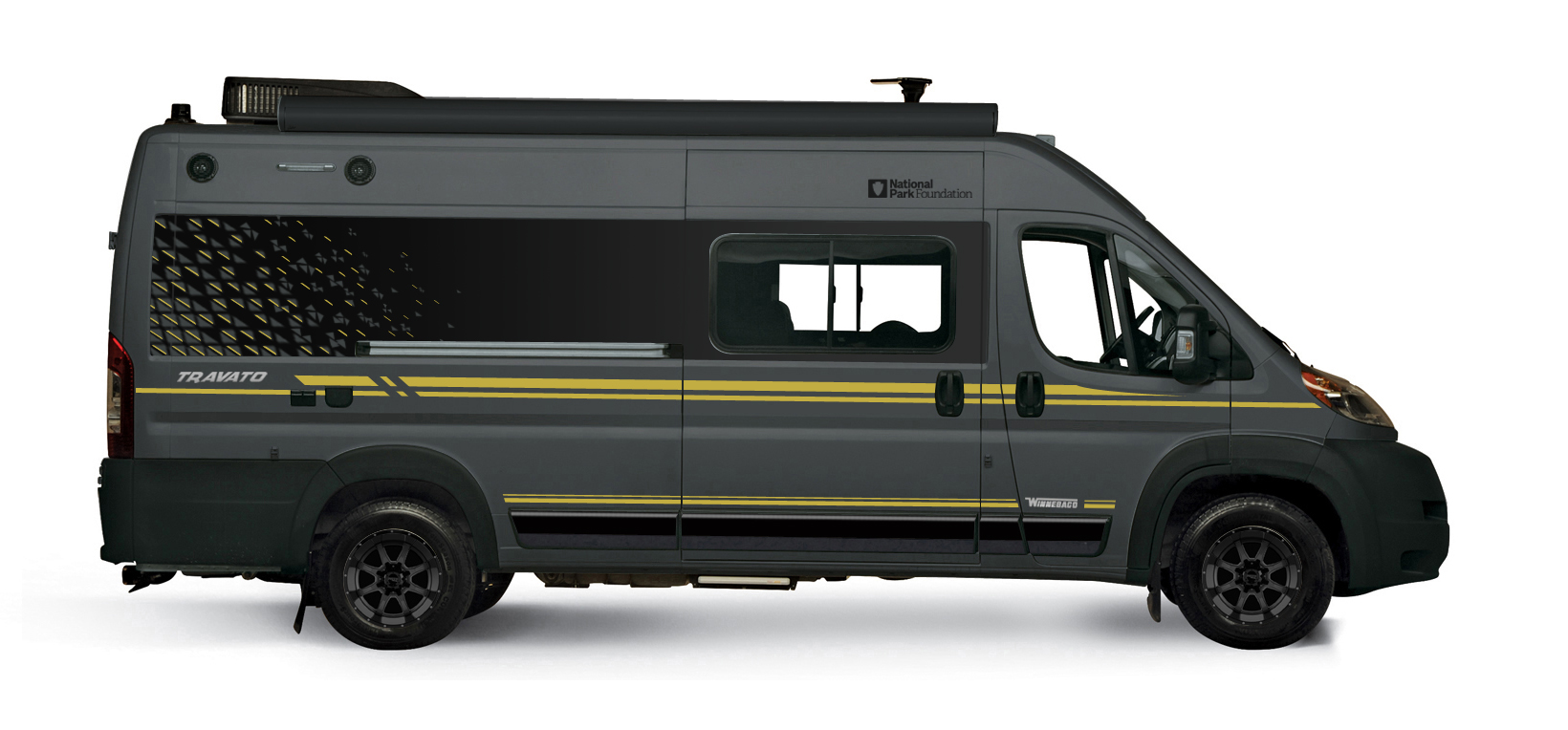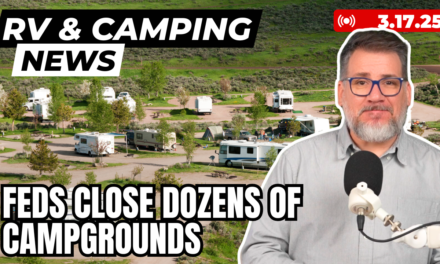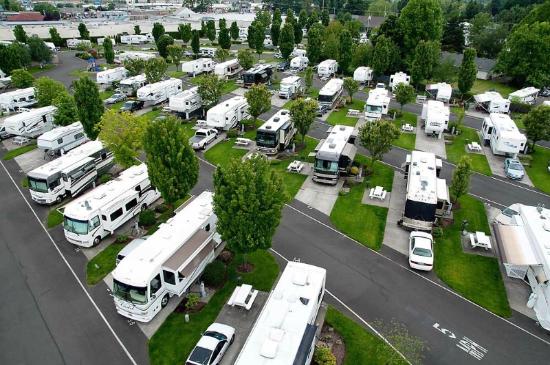The EXPLORE Act has passed the Senate and heads to the president for signature. It includes sweeping reforms to the permitting process in national parks and on other public lands, including long-awaited reforms to the rules for filming on federal land, extending the season public campgrounds are open, reauthorizing the Every Kid Outdoors program, and more.
Watch the video version of this article
The Expanding Public Lands Outdoor Recreation Experiences Act, or EXPLORE Act, was introduced in the US House of Representatives in November of 2023. It was sponsored by many House members on both sides of the aisle, and it passed the House on voice vote on April 9th. It was then sent to the Senate, where it has been lingering, waiting to be taken up, and many had hoped that it would finally get passed by the Senate in this lame-duck session.
The bill is actually a package of a dozen or so public lands-related pieces of legislation, and it has broad support from both democrats and republicans and a wide variety of public lands stakeholders, including environmental groups like the Sierra Club and the National Wildlife Federation, and business interests like the RV Industry Association and the Outdoor Hospitality Industry Association. Supporters say it will Grow rural jobs, increase access to public lands, provide gateway communities assistance for outdoor recreation businesses, and modernize facilities.

The bill provides for a whole host of public lands initiatives and reforms. First off, it requires the cabinet secretaries in charge of public lands to perform a massive survey and inventory of outdoor recreation – mapping opportunities for more recreation and showing the usage levels and needs for infrastructure improvements across the country and across all of the federal land agencies, like the National Park Service, the Bureau of Land Management the US Forest Service, and the Army Corps of Engineers.
They will establish a council called the “Federal Interagency Council on Outdoor Recreation,” which comprises members of all the public land agencies to coordinate with each other when promoting outdoor recreation, implementing technologies, dealing with emergencies, and more.
The bill requires the Secretary of the Interior and the Secretary of Agriculture to establish 10 long-distance national bike trails, at least 80 miles long each, using trails and roads already in existence, and identify 10 more that could become national bike trails in the future.
The bill sets a unified federal policy for recreational climbing, including placing and maintaining fixed anchors for recreational climbing and allowing them in federally protected wilderness areas, which has been controversial over the past few years.
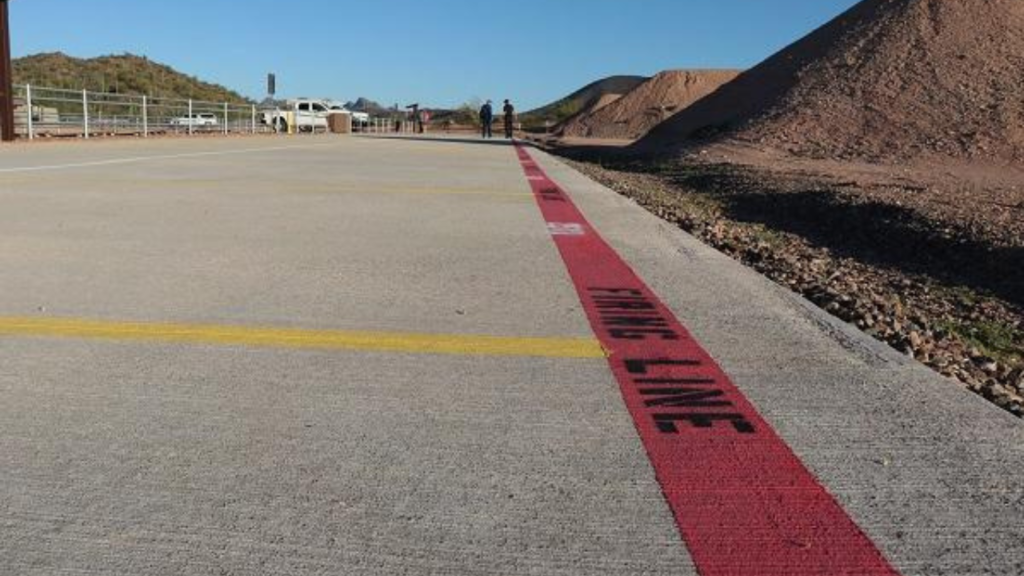
It requires the secretaries to establish at least one suitable location for a target shooting range within each National Forest and each Bureau of Land Management district and improve the standards of existing ranges.
The bill will drop permit requirements for people filming on public lands as long as that filming is “merely incidental to, or documenting, an activity or event that is allowed or authorized at the System unit, whether any individual receives compensation.” The secretaries may require a de minimis use authorization for groups of 6 or more who are filming and photographing — which is like a mini-permit—but they can’t charge for it, they have to allow you to apply for it on a website and in person, and they have to automate approval.
Groups of more than 8, groups using more than basic hand-held equipment and tripods, and groups who are impeding and intruding on the experience of others will need to apply for and obtain a permit and pay a fee.
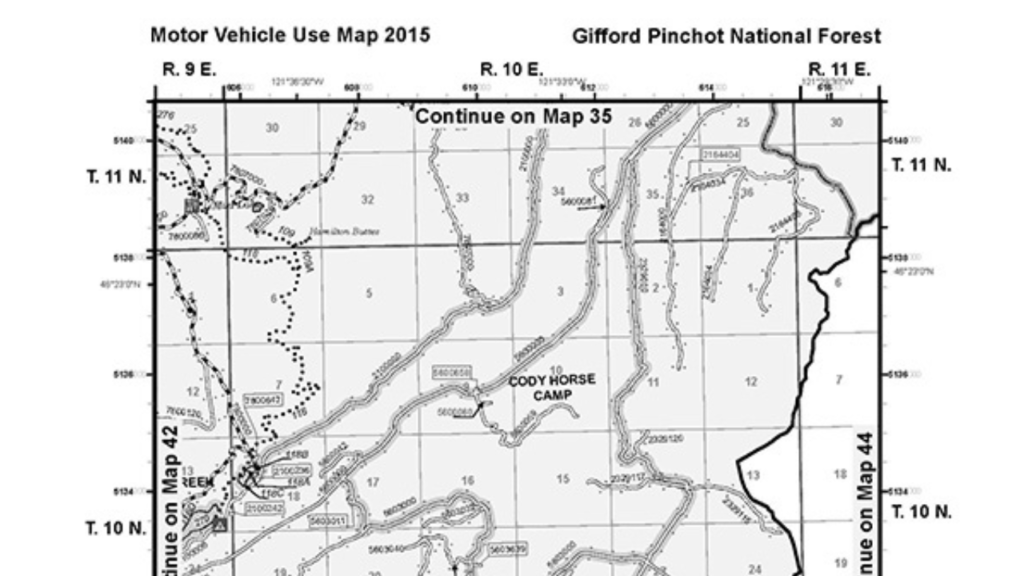
It requires the Bureau of Land Management and US Forest Service to provide and update maps showing motorized and non-motorized use areas.
It requires the agencies to support their gateway communities—the towns at the entrance to popular areas like national parks—and provide technical and financial assistance to businesses through low-interest business loan programs.
It will expand broadband internet access and cell service in already developed areas of national parks like lodges, visitor centers, and campgrounds.
The bill allows for land management agencies to create cooperative cost-saving management agreements; for instance, a forest service campground on the edge of a national park could be run by the National Park Service to create efficiency. A state park can agree to work with a federal park to share employees or facilities.
It requires the Secretaries to seek to increase and improve parking and restroom facilities for persons recreating on Federal recreational lands and waters.

The secretaries must establish new wheelchair-accessible trails and do a massive inventory of trails to provide accessibility data, including measuring each trail’s average and minimum tread width and slope.
It supports veterans by requiring the agencies to assist with programs and jobs focused on continuing national service and develop strategies for encouraging outdoor recreation by veterans and service members.
It also establishes a national policy for encouraging youth participation in the outdoors and extends the Every Kid Outdoors program, which offers free public land passes to fourth graders through 2031.
The bill dramatically cleans up and modernizes the permit process for public lands tour operators and guides, events, and special activities. Those activities still require permits, but much of the red tape in the application process will be removed, saving both the government and the applicants time and money.

The bill establishes a digital version of the America The Beautiful public lands passes that allow access to most federal lands for one fee. Starting in 2026, you can purchase it online without waiting for delivery. It also allows federal agencies to partner with state and local agencies to allow people to buy multiple passes in one transaction. Imagine you buy your state park pass when you renew your license plates, as several states do—you could theoretically add a federal pass simultaneously.
It requires all of the federal land agencies to look at seasonal closures of parks, campgrounds, marinas, etc, and, where feasible, reduce the length of time those facilities close, allowing for more access in the shoulder seasons.
It requires the agencies to leverage volunteers’ power more thoroughly in aid of recreation access, trail construction or maintenance, facility construction or maintenance, educational uses, visitor services, and more.
The law has several other provisions—it’s a hefty bill. One that stands out that some may consider negative is that the bill asks federal land agencies to broaden public/private partnerships to refurbish facilities like campgrounds and lodges. That could mean more concessionaire-run campgrounds. There’s a massive push by the RV industry and other groups to modernize federal campgrounds with 50amp power and sewer, etc. Privatization often leads to more expensive campgrounds, and concessionaires tend to only want to operate the most popular ones, so the federal agency is still stuck managing the other campgrounds they have.
The bill heads next to the desk of President Biden, who is expected to sign it. Many provisions of the law take effect immediately, others are implemented in phases or are tied to pilot programs.

